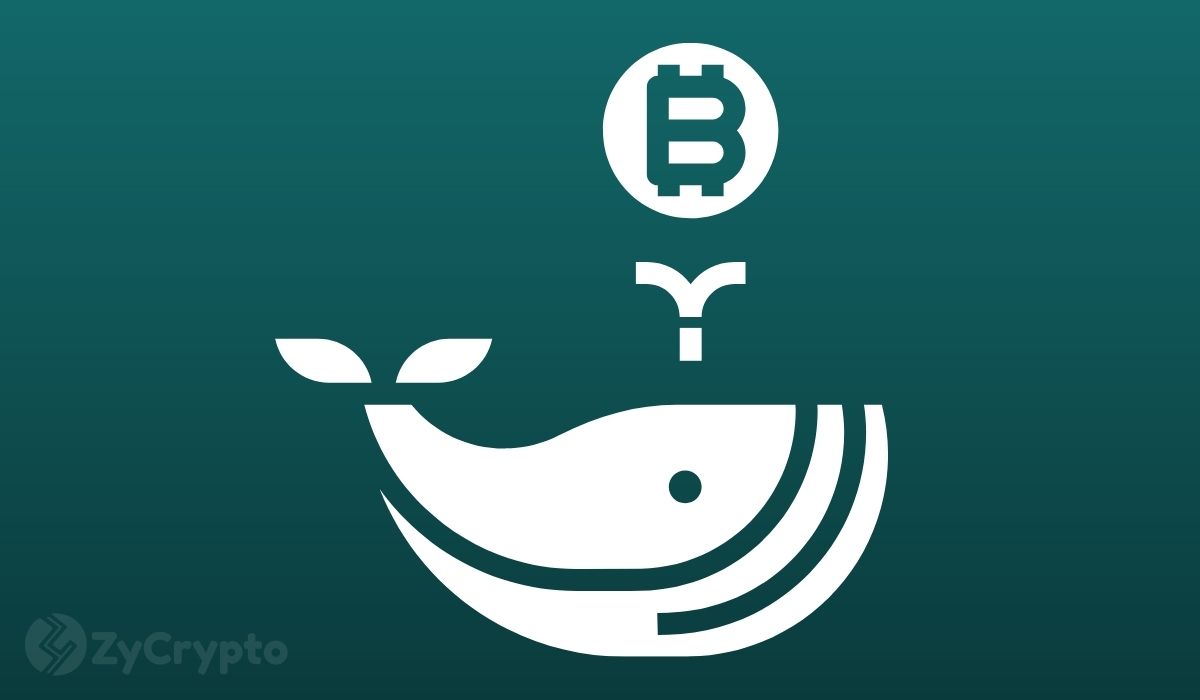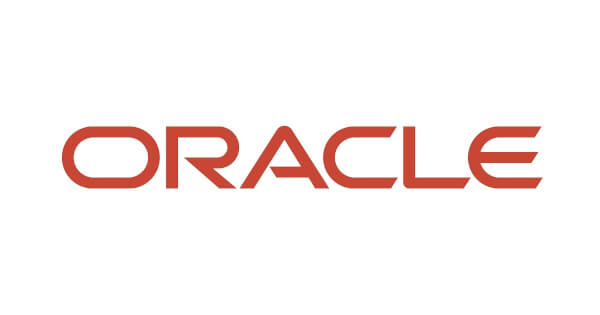The crypto market is abuzz as recent filings from prominent asset managers 21Shares and Grayscale indicate a potential paradigm shift for Dogecoin (DOGE ($0.14)). Historically known for its vibrant community and meme status, DOGE now stands at the precipice of institutional validation through exchange-traded funds (ETFs). This development, occurring in late 2025, suggests a growing appetite among traditional finance players to embrace a broader spectrum of digital assets, moving beyond just Bitcoin and Ethereum. As Dogecoin’s price finds renewed support amidst these rumors, the industry watches closely to see if these ETFs can indeed spark a significant surge and redefine DOGE’s market position.
The Road to Mainstream: Dogecoin ETFs
The proposed Dogecoin ETFs by firms like 21Shares and Grayscale represent a critical juncture for the popular meme coin. These filings signify a deeper integration of DOGE into mainstream investment vehicles, offering accredited and retail investors indirect exposure to Dogecoin without the complexities of direct ownership, such as managing private keys or navigating crypto exchanges. Such products typically aim to track the price performance of the underlying asset, providing a regulated and accessible gateway for a wider investor base.
- Accessibility: ETFs trade on traditional stock exchanges, making DOGE accessible via standard brokerage accounts.
- Liquidity: Increased trading volume from institutional participation could enhance market liquidity for DOGE.
- Regulatory Oversight: ETFs operate under regulatory frameworks, potentially alleviating concerns for risk-averse investors.
- Diversification: Offers traditional portfolios a novel avenue for exposure to the altcoin market.
Institutional Validation and Market Impact
The entry of institutional giants into the Dogecoin space through ETF proposals is more than just a financial maneuver; it’s a powerful statement of validation. For years, Dogecoin battled perceptions of being merely a speculative joke, lacking intrinsic value or serious development. However, the sustained interest and community engagement, coupled with its robust underlying blockchain, have evidently begun to sway traditional finance. An approved DOGE ETF would likely:
- Attract a new wave of capital from institutional funds, wealth managers, and pension funds.
- Legitimize Dogecoin as a serious asset class, potentially fostering more fundamental analysis and long-term investment.
- Reduce volatility by introducing more stable, long-term holders into the market, though meme coin characteristics may persist.
This institutional embrace could mark a turning point, transforming Dogecoin from a speculative play into a recognized, investable asset, further blurring the lines between traditional finance and the evolving digital asset economy.
DOGE’s Unique Position and Volatility
Dogecoin’s journey is distinct from Bitcoin or Ethereum. Its genesis as a parody, combined with its strong community ethos and relatively high circulating supply, imbues it with unique market dynamics. While Bitcoin’s ascent to ETF status was driven by its store-of-value narrative and first-mover advantage, Dogecoin’s appeal often stems from its cultural relevance and social momentum. The challenge for a DOGE ETF will be to balance this inherent meme-driven volatility with the stable, predictable nature expected of regulated financial products.
The potential for these ETFs to ‘spark a surge’ is high, given the influx of new capital and enhanced legitimacy. However, investors should remain cognizant of Dogecoin’s historical price swings and the fact that an ETF, while offering exposure, does not fundamentally alter the underlying asset’s characteristics or supply mechanics.
Navigating Regulatory Headwinds
While the filings are a positive sign, the path to approval for altcoin ETFs remains challenging. Regulatory bodies globally, particularly in the United States, have historically exercised caution regarding non-Bitcoin and non-Ethereum digital asset products, citing concerns around market manipulation, custody, and the nascent nature of some altcoin markets. The success of Bitcoin and, more recently, Ethereum ETFs has set a precedent, but each asset is evaluated on its own merits. Firms will need to convincingly argue Dogecoin’s market maturity, liquidity, and resistance to manipulation to secure approval.
Conclusion
The prospect of Dogecoin ETFs from reputable firms like 21Shares and Grayscale represents a significant milestone for Dogecoin and the broader altcoin market. It signals a maturation of the crypto investment landscape, where even assets born from internet culture can gain institutional traction. While regulatory hurdles remain, the momentum behind these filings underscores a powerful trend: the increasing acceptance of digital assets into the mainstream financial ecosystem, potentially paving the way for unprecedented growth and legitimization for Dogecoin in the coming years.
The post Dogecoin ETFs: 21Shares & Grayscale Filings Signal New Era for Meme Coin appeared first on FXcrypto News.















 24h Most Popular
24h Most Popular







 Utilities
Utilities